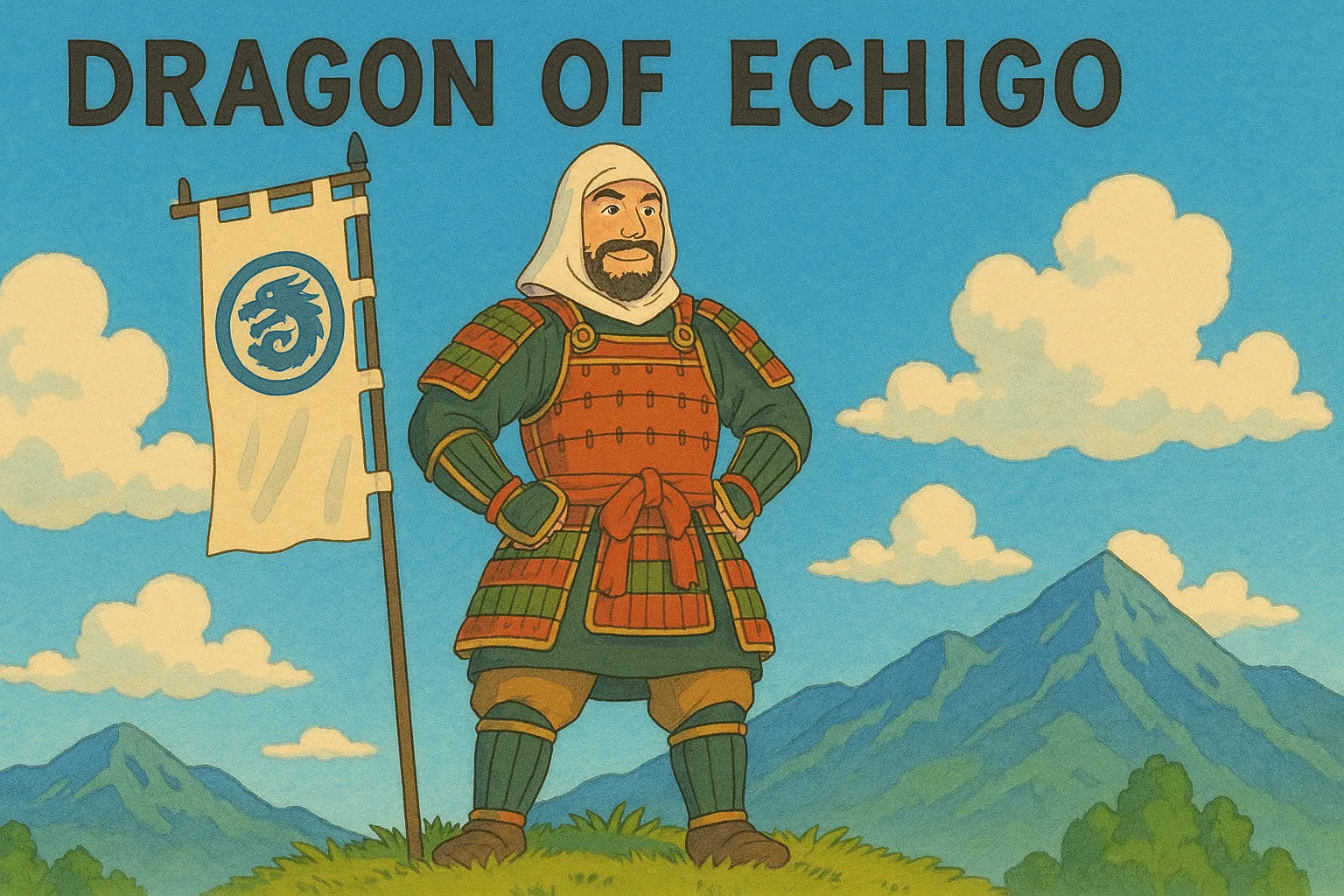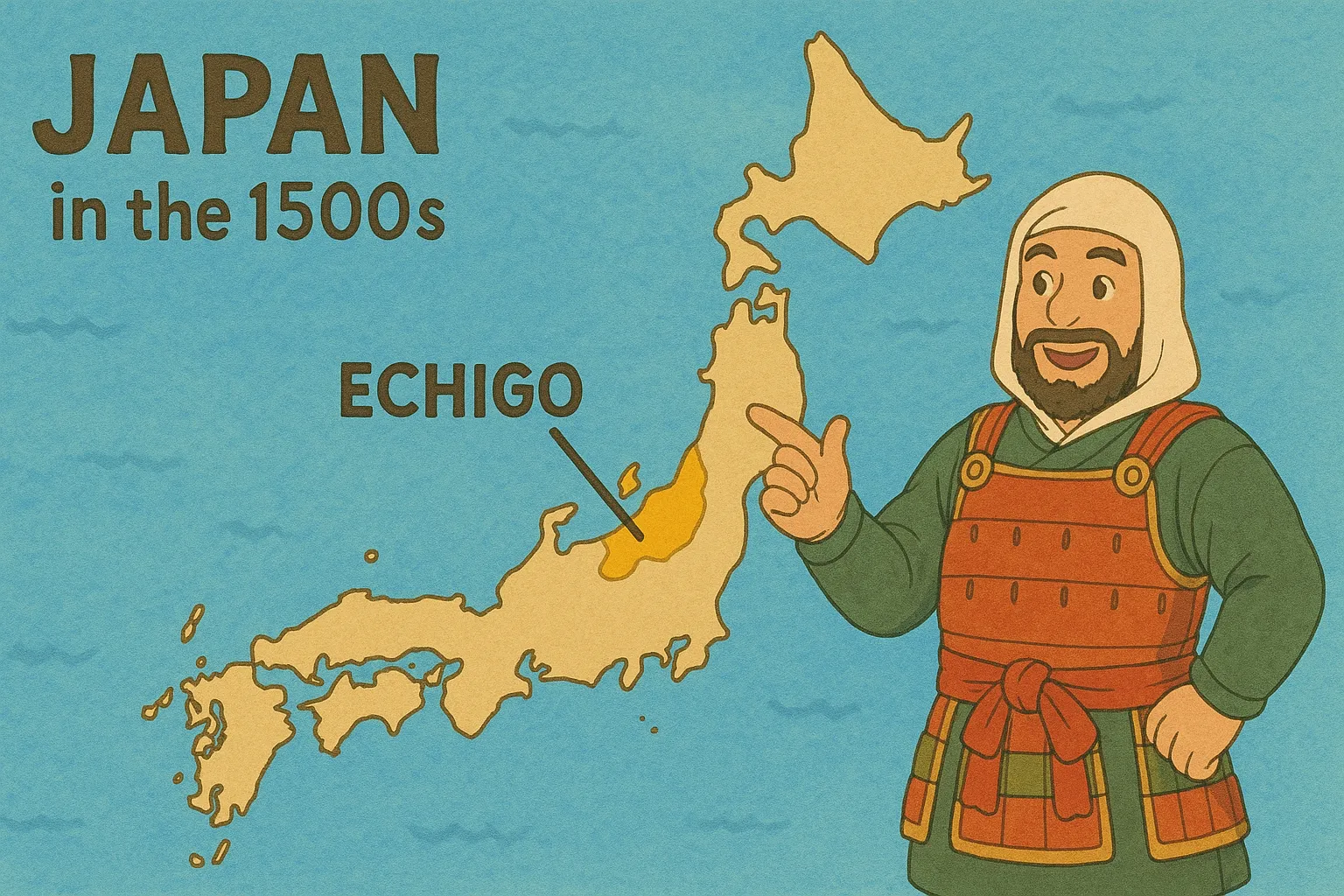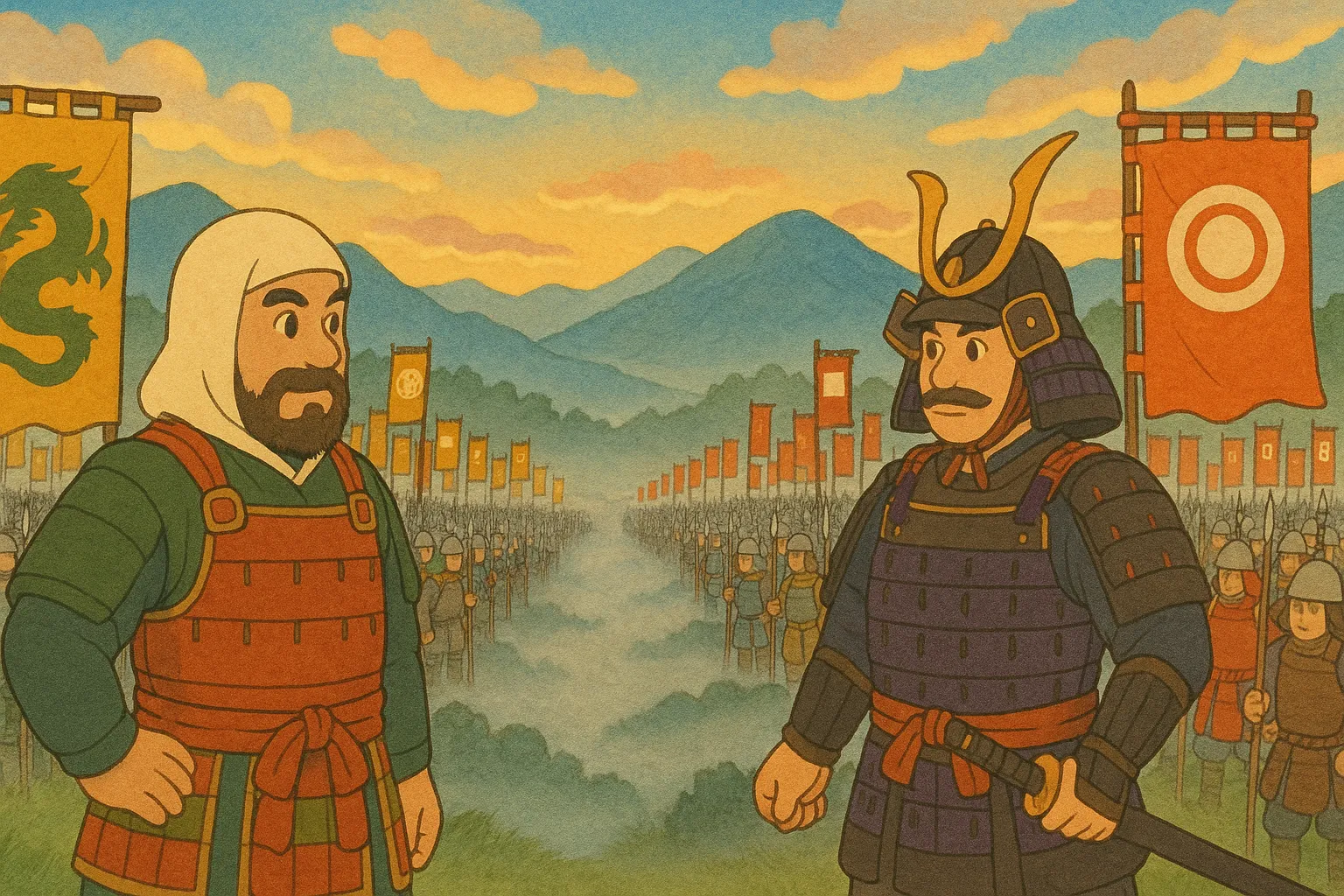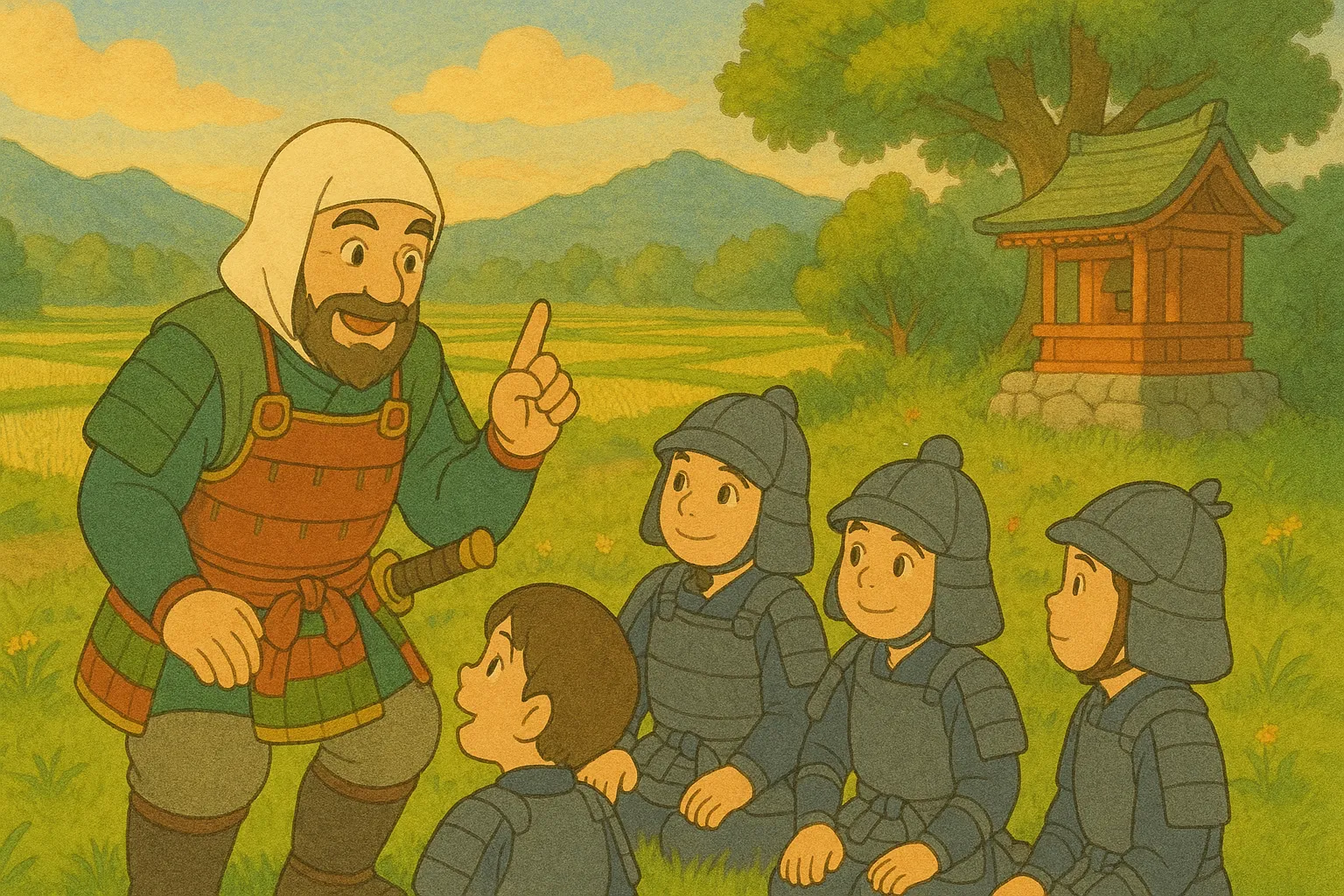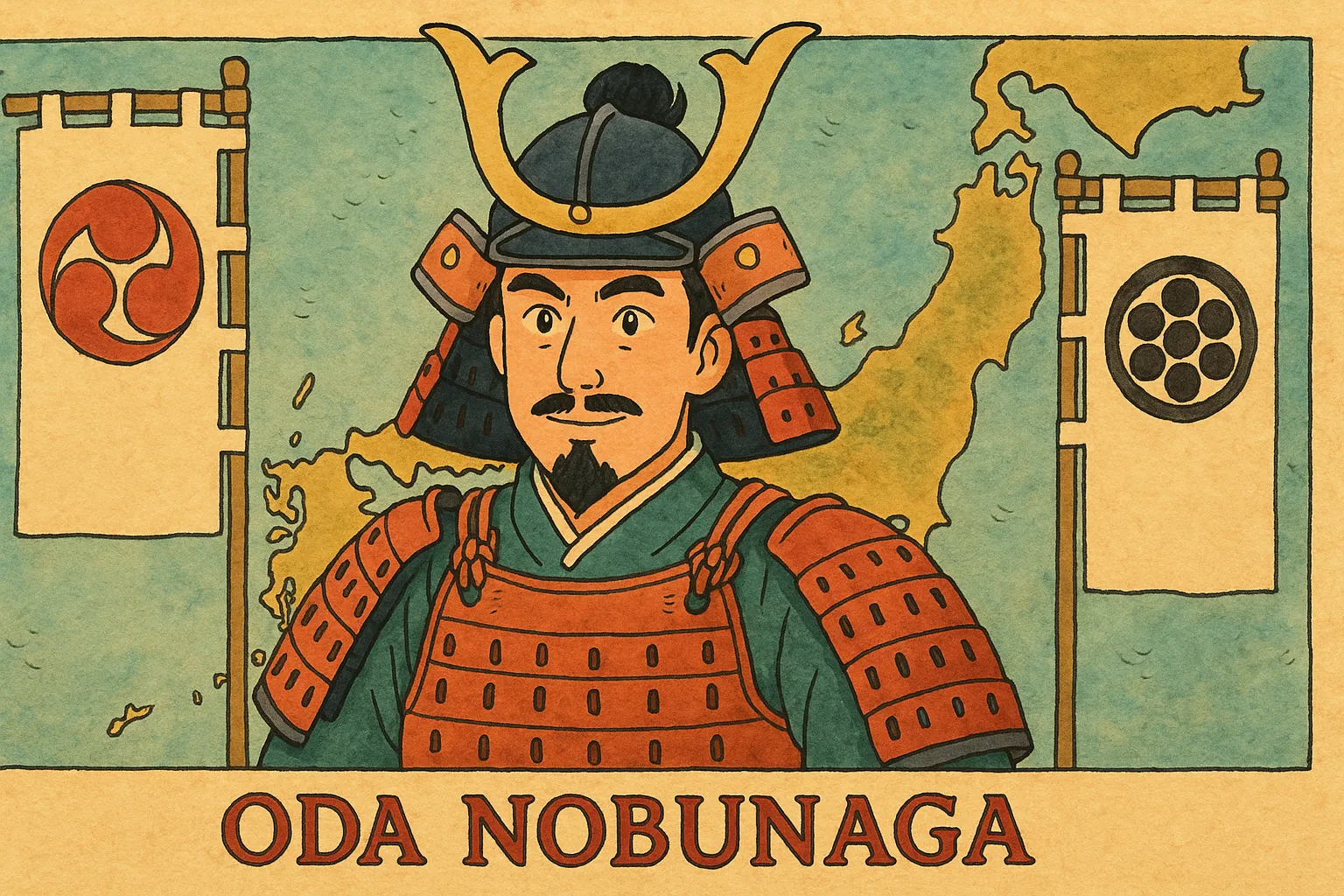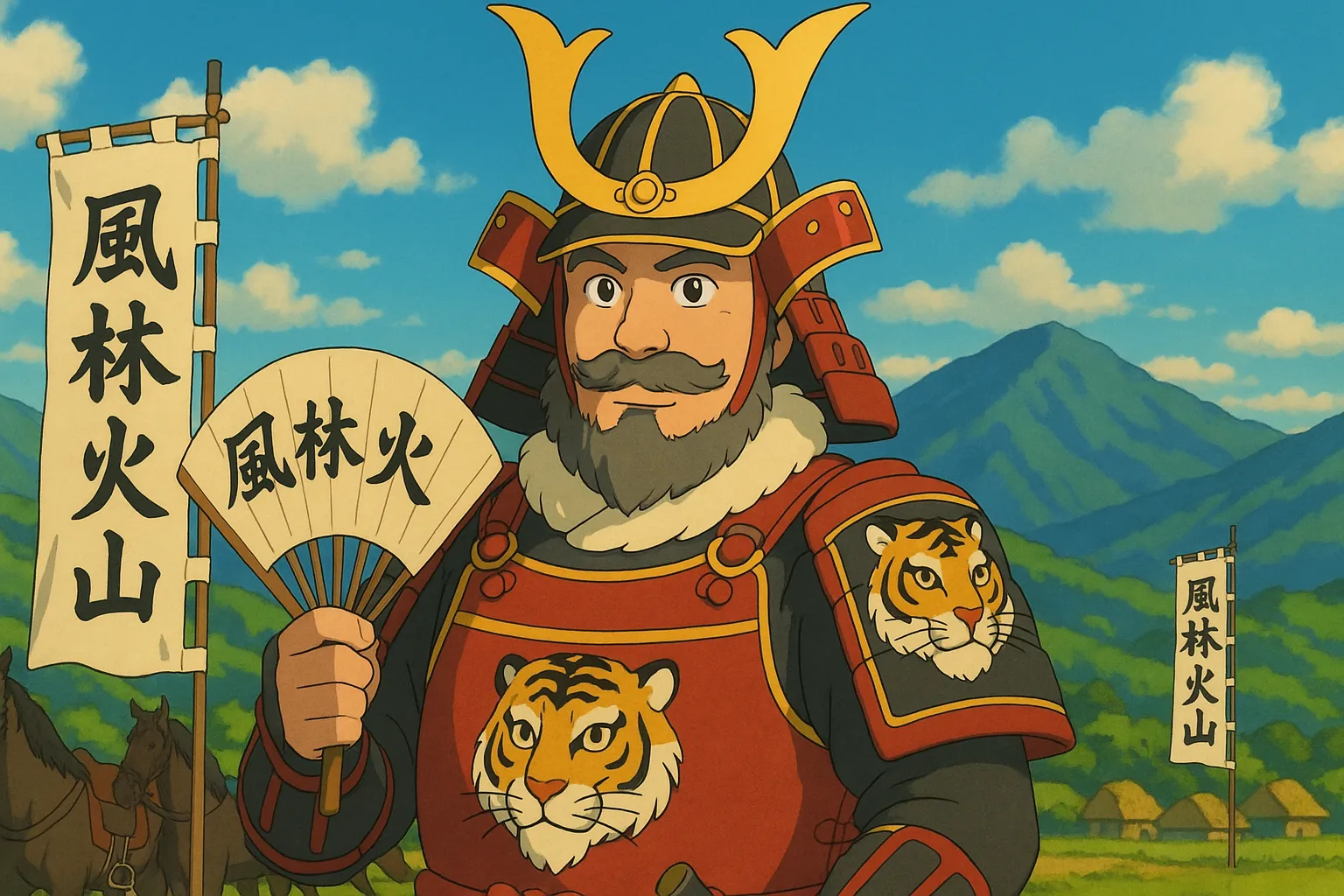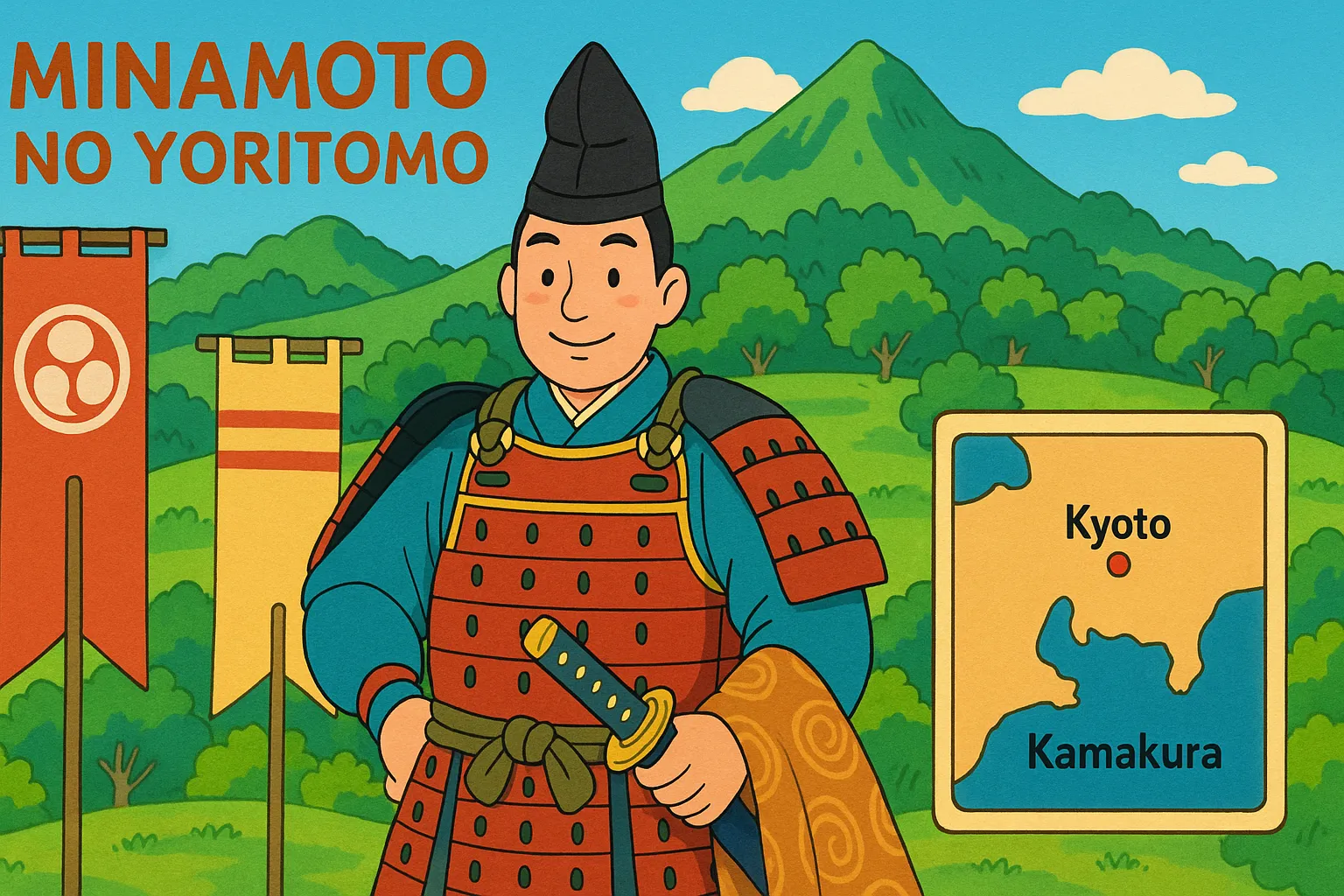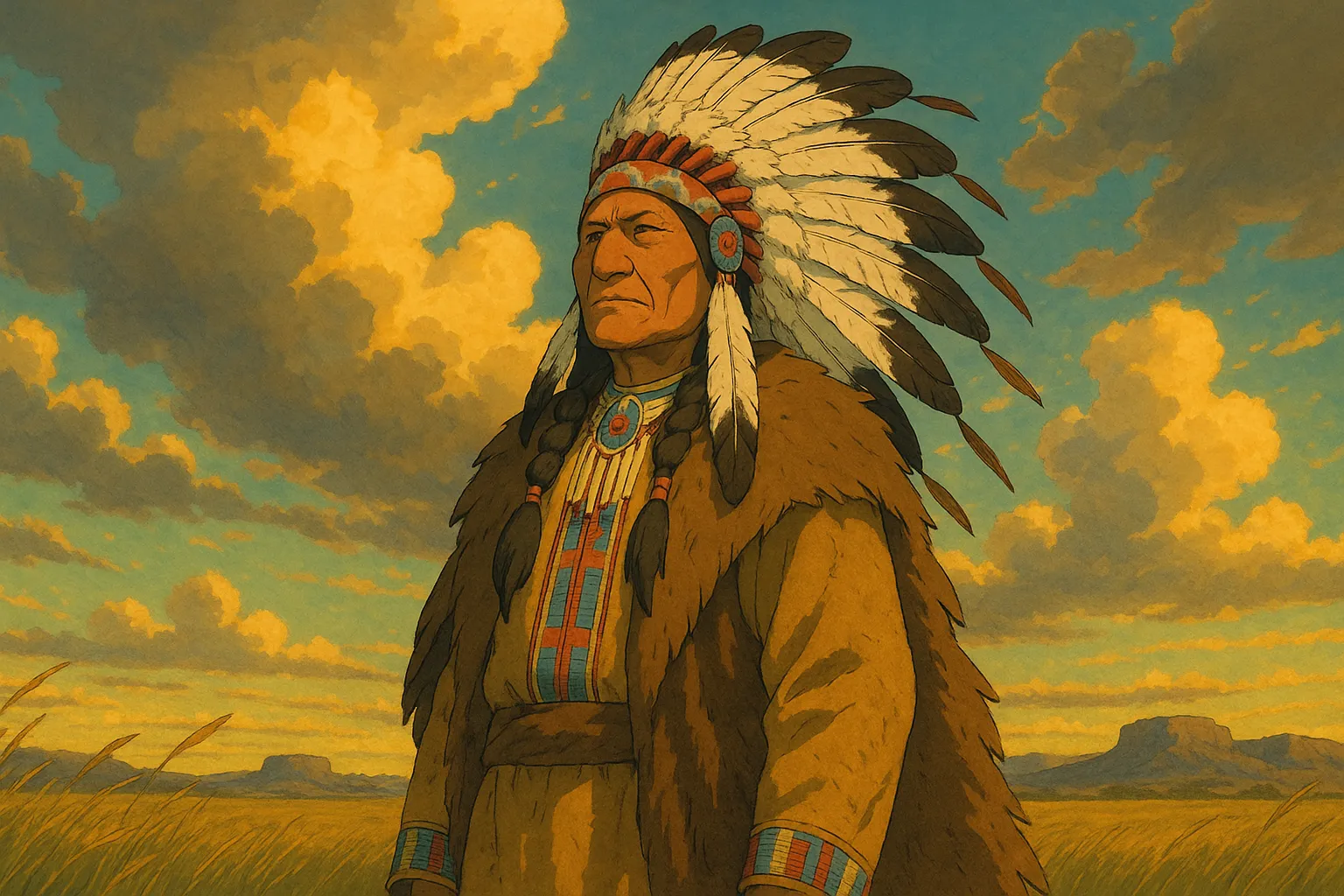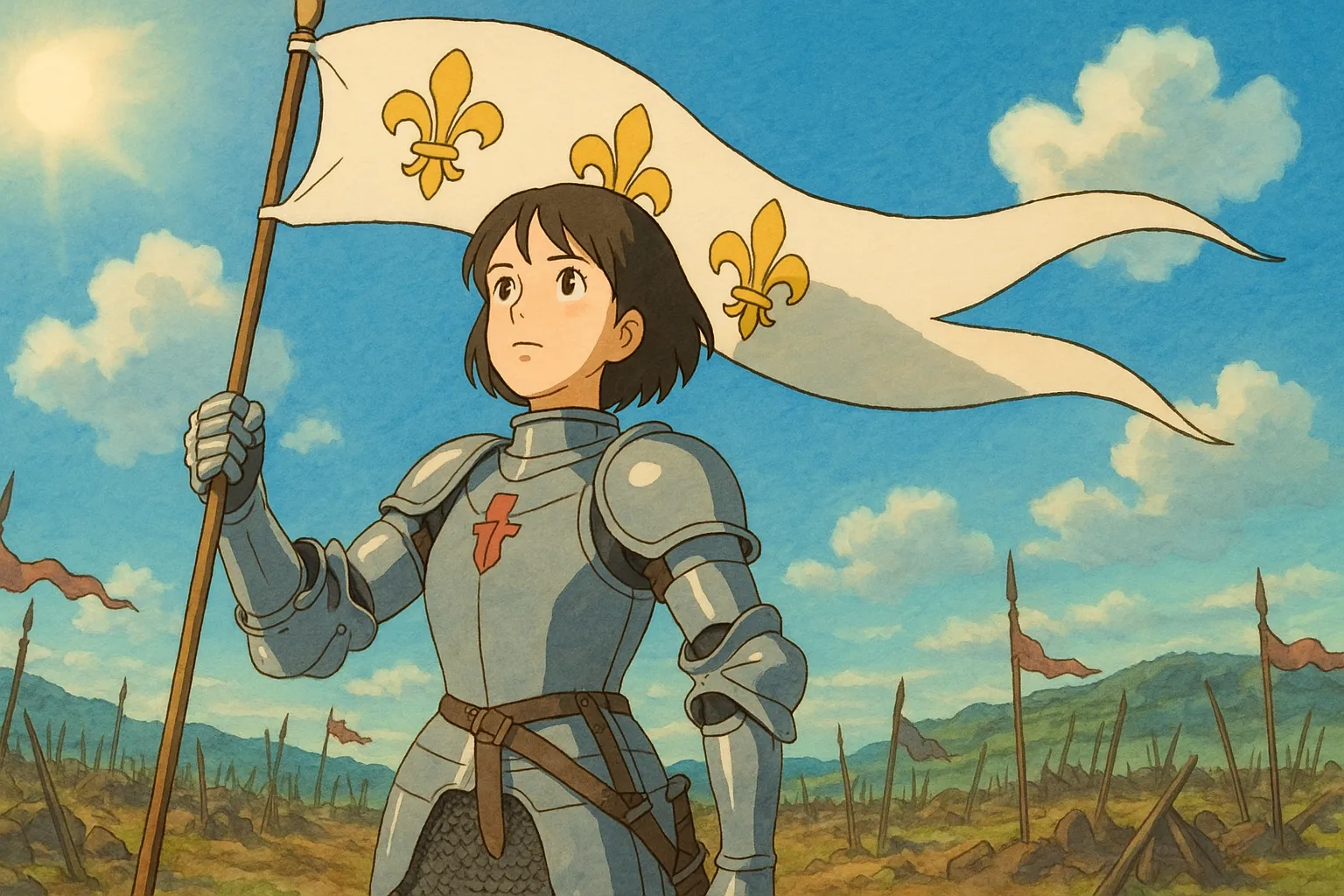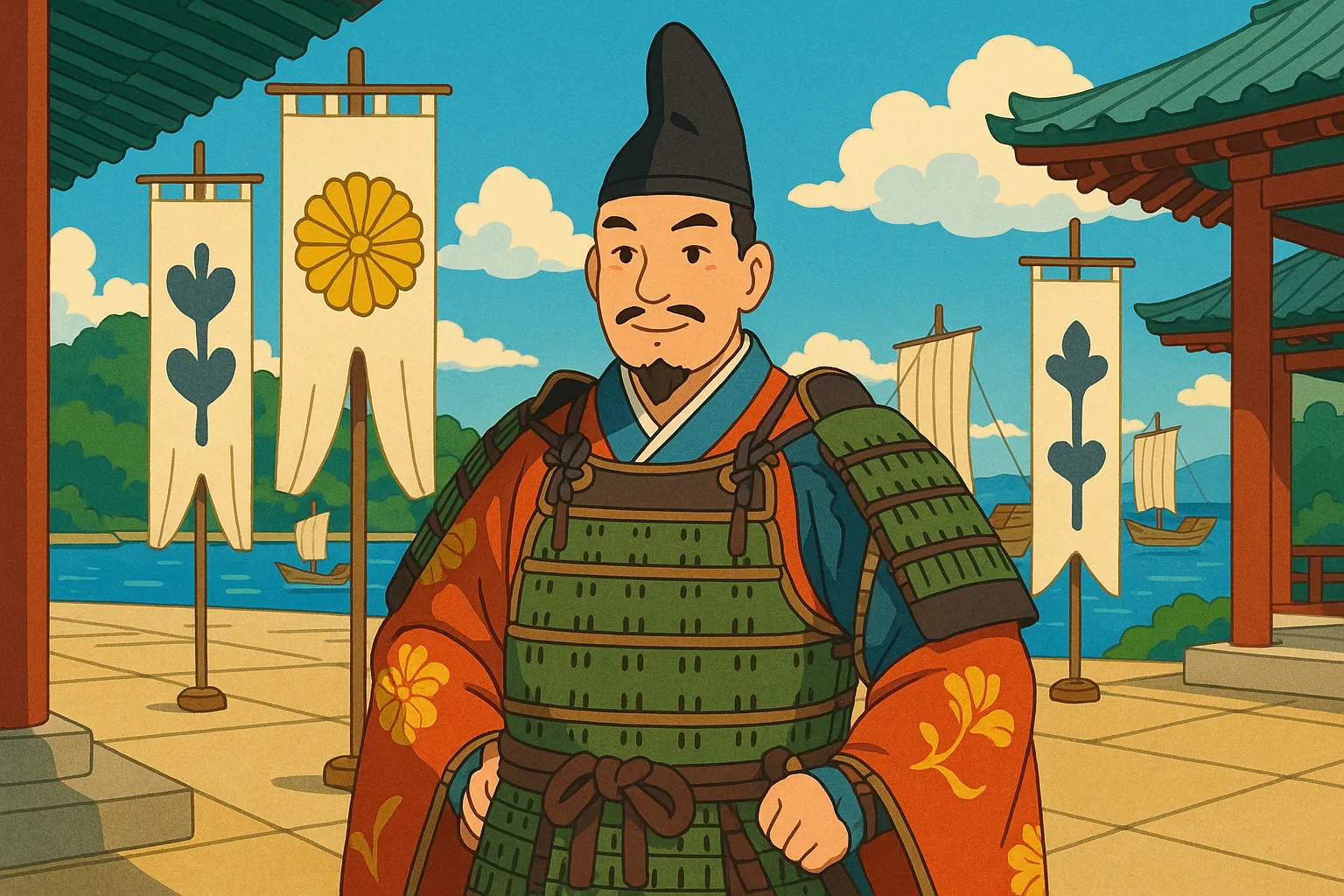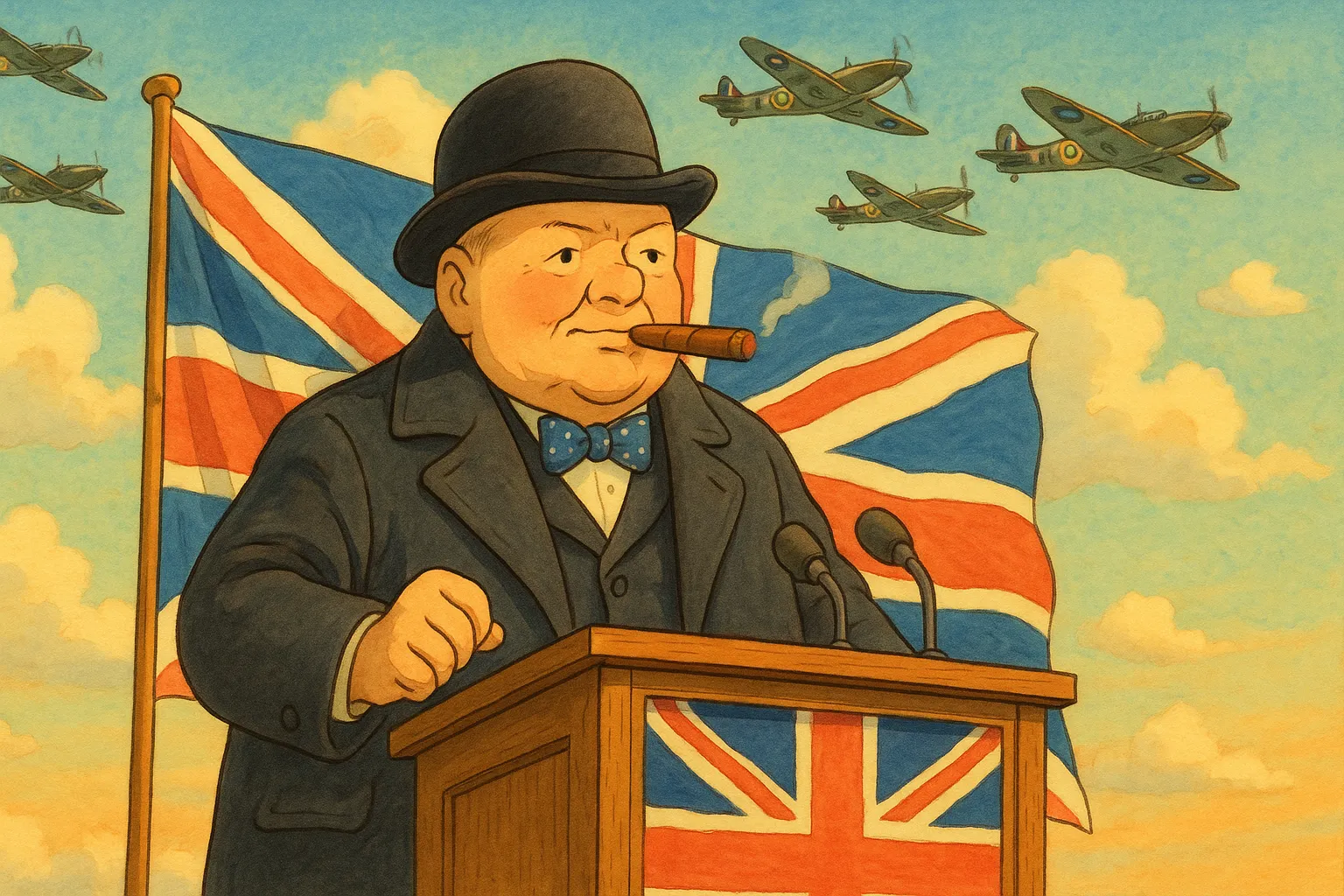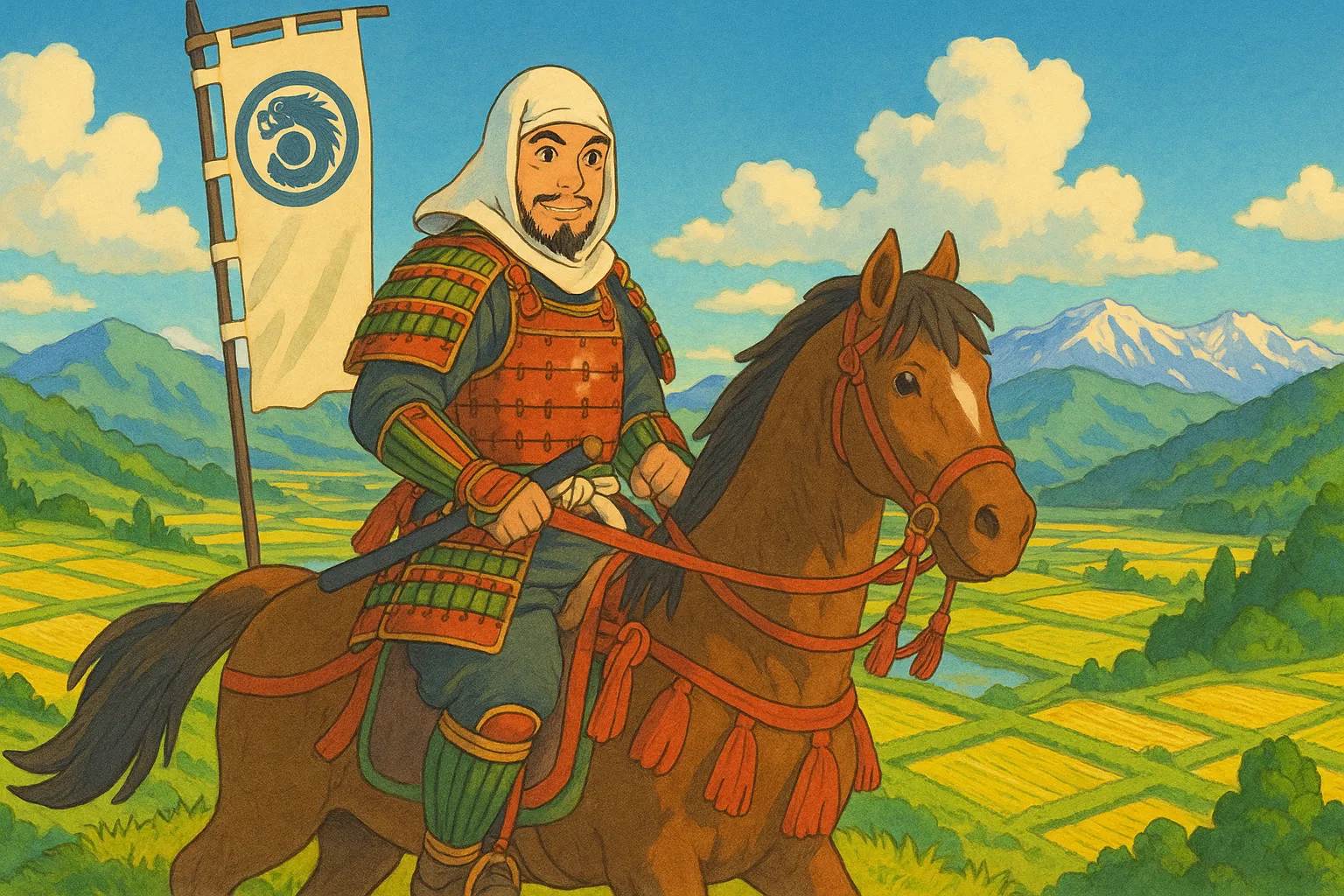
Frequently Asked Questions
When was Uesugi Kenshin born and when did he die?
He was born in 1530 and died in 1578. Historical records give these years, though exact birth and death details are sometimes uncertain.
What was his original name?
He was born into the Nagao family and is widely recorded as Nagao Kagetora before taking the Uesugi name and the Buddhist name Kenshin.
Where did he govern from?
His stronghold was Kasugayama Castle in Echigo Province (around present-day Jōetsu in Niigata Prefecture).
Did he leave a clear heir?
No. Kenshin died without a universally accepted heir, which sparked a succession struggle (the Ōtate no Ran). Uesugi Kagekatsu ultimately emerged as leader.
How did he die?
He died suddenly in 1578. Contemporary accounts mention illness, but later rumors suggested poisoning; historians consider the exact cause uncertain.
Did he do anything beyond warfare for his province?
Yes. He is credited with supporting agriculture, maintaining storehouses and defenses, and governing in ways that kept Echigo comparatively stable and prosperous.
Are there popular legends about him?
Many legends surround Kenshin: dramatic battlefield stories, mysterious causes of death, and even later rumors about his identity. These make him a popular figure in folklore and fiction.
